We were lucky to catch up with Alicia Vélez recently and have shared our conversation below.
Alicia , we’re thrilled to have you sharing your thoughts and lessons with our community. So, for folks who are at a stage in their life or career where they are trying to be more resilient, can you share where you get your resilience from?
Resilience is part of the family tree. For me, this starts with my grandparents on both sides who left Puerto Rico to come to NYC with the hope of a better life. The descendants of those from any diaspora are inherently resilient. To leave your home and have to start anew in a different place is an act of courage and survival. Resilience continued with my parents who worked endlessly to provide for my needs and level the playing field. However, a diaspora also creates difficult life circumstances that can manifest as subsequent intergenerational wounds. While I was the benefactor of economic stability, I also inherited a family that did not always have the resources or emotional skill set to treat their own wounds and passed some of those down to me. Resilience came here in the form of confronting the wounds, going to therapy, working on myself, growing my emotional intelligence toolbox and communication skills, and eventually leading me to opening up my therapy practice.

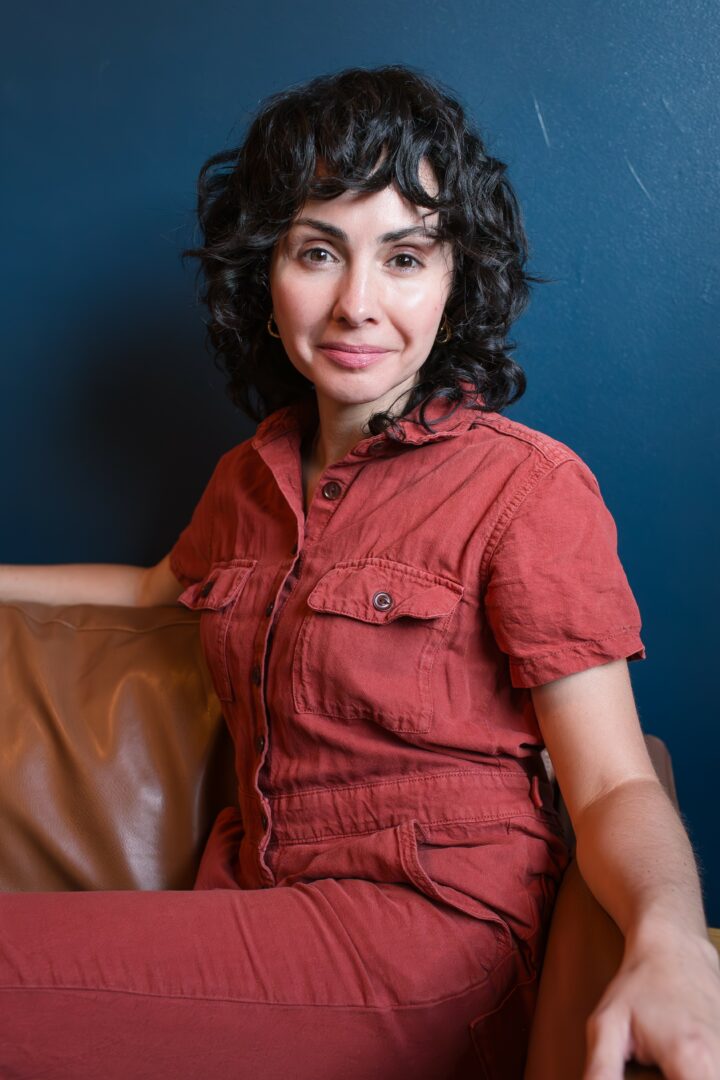
Let’s take a small detour – maybe you can share a bit about yourself before we dive back into some of the other questions we had for you?
I am a licensed clinical social worker and mental health therapist who owns her private practice. I focus on the populations with whom I feel a deep connection. In my practice, I work with:
-first-gen and bicultural folks around issues of identity, intergenerational trauma, and the reconciliation of the cultural divide between parents and children;
-young professionals establishing boundaries, recovering from burnout and imposter syndrome, and living a life closer to their values;
-women who have learned to be tough and strong get in touch with their softness and vulnerability translating into better professional, social, and intimate relationships;
-athletes recovering from injury so they can regain their confidence to get back to sport and movement
I work with clients who live in both New York, where I am originally from, and Colorado, where I now call home. At my core, I am a gritty New Yorker, but Colorado embodies the values I’ve grown into now at this stage of my life – communing with nature, slowing down and living more mindfully, and a commitment and focus on movement and health.
From the outside looking in, one may think that this work is tedious and heavy. I would be lying if I said it is not. It takes a tremendous amount of my own emotional regulation to sit with clients through heavy and painful moments. However, it is through the act of serving my clients, holding space for all versions of themselves even if they don’t like those parts of themselves, when I feel most alive, because at that moment my client and I are connected in ways that sometimes we hardly get to experience in life. Human connection is foundational to our survival. The relationships that I have with my clients serve to model the real capacities and capabilities that they have to go out into the real world and experience the love that they have always deserved. My job is special every damn day my clients show up and put their trust and faith in our relationship to heal.
Lastly, I always like to shout out that a social worker is different than other mental health professionals and so I think that sets me apart. There are lots of degrees to become a therapist, but social work is a little bit different because we are trained to see a client as a holistic person interacting with many systems within an environment. So instead of just looking at what’s going on mentally or emotionally, we see humans as complex and multidimensional beings who have developed in reaction to a set of socio, political, and economic circumstances that have contributed to the client’s thoughts, feelings, belief systems, and behaviors. This is important because instead of looking at clients as diagnoses or symptoms, we are taking the time to understand that all clients, no matter their struggles, are inherently doing the best that they can do to live and survive. I believe in seeing the strengths, not the deficits, and nurturing the inherent capabilities and capacities that have always been inside my clients but just need a little help coming back out. Lastly, as a social worker, I have been trained to find resources. Not all therapists provide resources. Some just stay in their talk-therapy lane, but I’ve helped clients find doctors, practice job interview skills, or have even given travel recommendations. If these things increase my clients’ quality of life, get them closer to their values, and create some joy then I am supporting their growth.
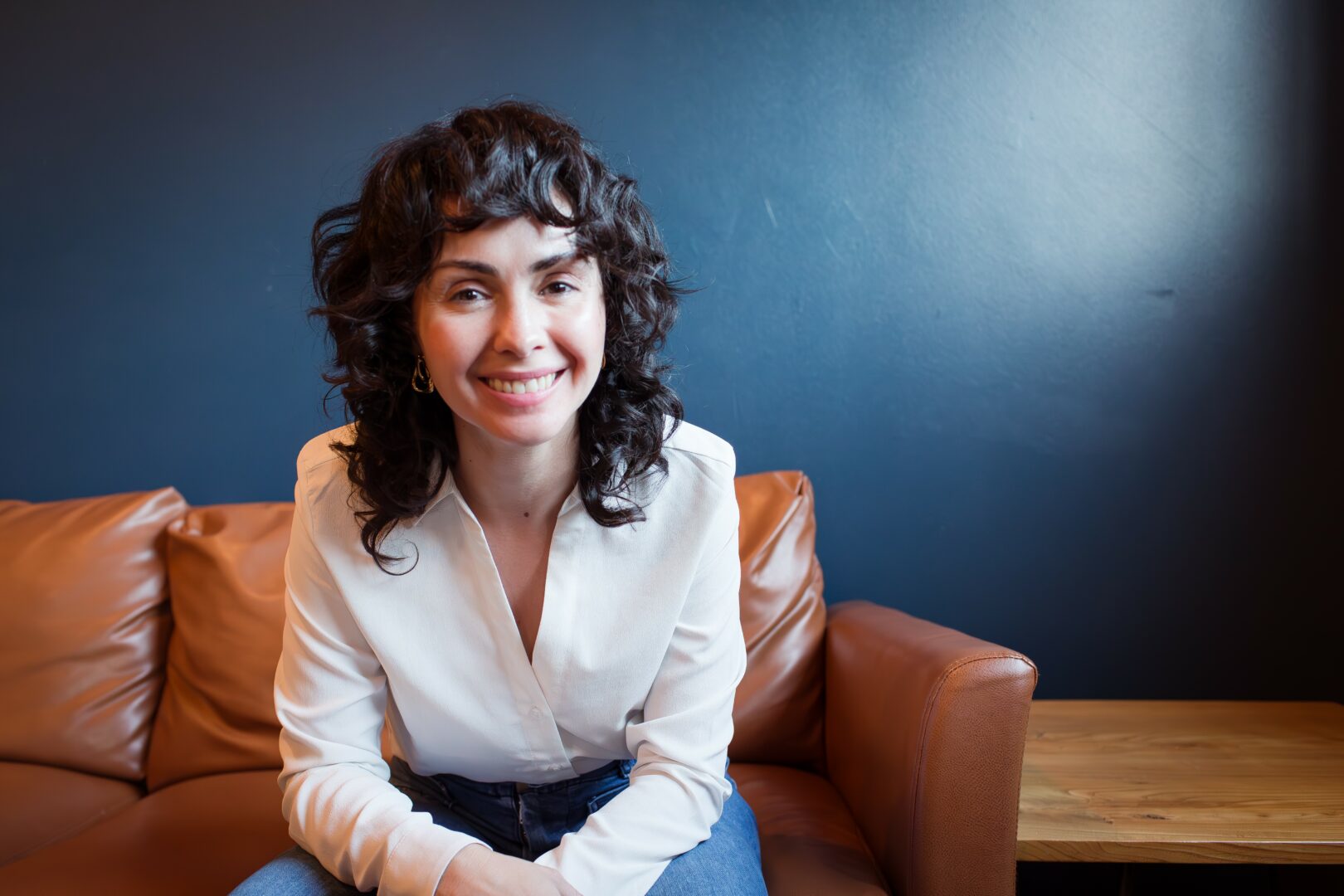
If you had to pick three qualities that are most important to develop, which three would you say matter most?
1, You will not be good at everything and that’s O.K. Failure is self-defined. Not knowing how to do something or making mistakes is not a reflection of your self-worth or value. In fact, recognizing one’s limitations and areas for improvement is an act of radical self-acceptance and one that will liberate you from the expectations of others and of society. When you are free, you finally get to be your unabashed true self.
2. Listen to your body. It knows wisdom and truths before your brain can make sense of them. Our brains tell stories of how we should be, what we’re supposed to be doing, how we are supposed to be living, where we should be at by a certain age. Your body will tell you if it agrees or not. If you’re not sleeping, your gut is acting up, your hair or skin are off, take a look at your lifestyle. If it is incongruent with the values that you hold near and dear to your heart, it might be time to make some changes.
3. Get in contact with nature. We live in a very overstimulated world where the biology of our brains and nervous systems has not caught up to attend to all of the stimulation we experience on a daily basis: staring at screens all day, scrolling social media, constant emails and text messages demanding our attention, living in fast-paced, densely packed, urban environments, taking on jobs or roles where you’re sacrificing boundaries, being overscheduled and overcommitted. Nature operates at different frequencies that can be healing for our mental health and mood. Whether it’s the buzzing of bees, songs of birds, the crashing of waves, or the sound of leaves rustling in the winds, our innate human DNA craves these. Nature has been found to increase focus and attention, altered sensory processing, decrease in rumination, decrease fear and threat responses, and an increase in cognitive flexibility and creativity.
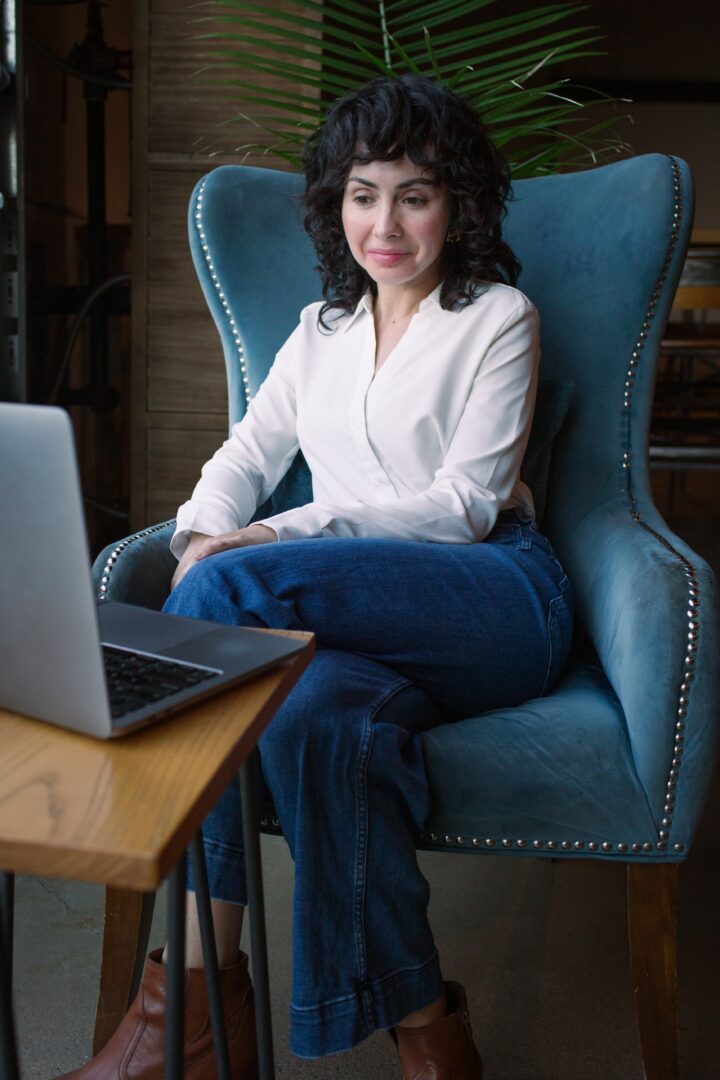
Okay, so before we go we always love to ask if you are looking for folks to partner or collaborate with?
I am new to Colorado (as of 2023) and would love to collaborate with folks in the Front Range. Private practice can get kind of lonely without any colleagues. It would be great to create a network of other therapists to not only give and receive peer support from and to consult with on difficult cases, but also to help, inspire, and hold each other accountable on growing our businesses. School gave us the skills to be healers, but it did not give us the skills to be business owners. I would love to collaborate with those who have an interest in developing skills in marketing, SEO, social media, and blogging.
Additionally, I would love to collaborate with other providers who may be adjacent to the populations with whom I work:
injured athletes – physical therapists, orthopedics and orthopedic surgeons, trainers, podiatrists, coaches, chiropractors, acupuncturists, nutritionists, massage therapists
first-gen/bicultural folks – first-gen offices at local universities, student-led cultural organizations, local social service agencies assisting immigrants and their children, other therapists working with this population, BIPOC running/outdoor clubs, curanderas/curanderos/curanderxs, spiritual leaders in the community
fierce women – life coaches, executive coaches, marriage & family therapists, couples counselors, female empowerment groups, womens centers, nutritionists and dietitians, book clubs leaders and members, health and wellness professionals, walking/running clubs, yoga/pilates/dance instructors, trainers and gym owners,
young professionals – networking groups, career development centers and career counselors, Employee Assistance Program (EAP) counselors and program leaders, life coaches, corporations, tech startups, human resource professionals,
I love meeting new providers. I know some some people find networking awkward, but if you can be a therapist, you can network. To be able to hear someone’s story, what drew them to the work, and how they navigate the work is always inspiring. I truly enjoy getting to know another provider over tea or coffee. It rejuvenates me and leaves me with renewed energy and purpose to go about serving my clients. It is my pleasure to collaborate with other clinicians as well including LPCs, LPCCs, LMFTs, LMHCs, PSYDs, psychologists LCSWs, psychiatrists, and psychiatric nurse practitioners.
Contact Info:
- Website: https://aliciaveleztherapy.com
- Instagram: https://www.instagram.com/aliciaveleztherapy/
- Linkedin: https://www.linkedin.com/in/alicia-velez-lcsw12/

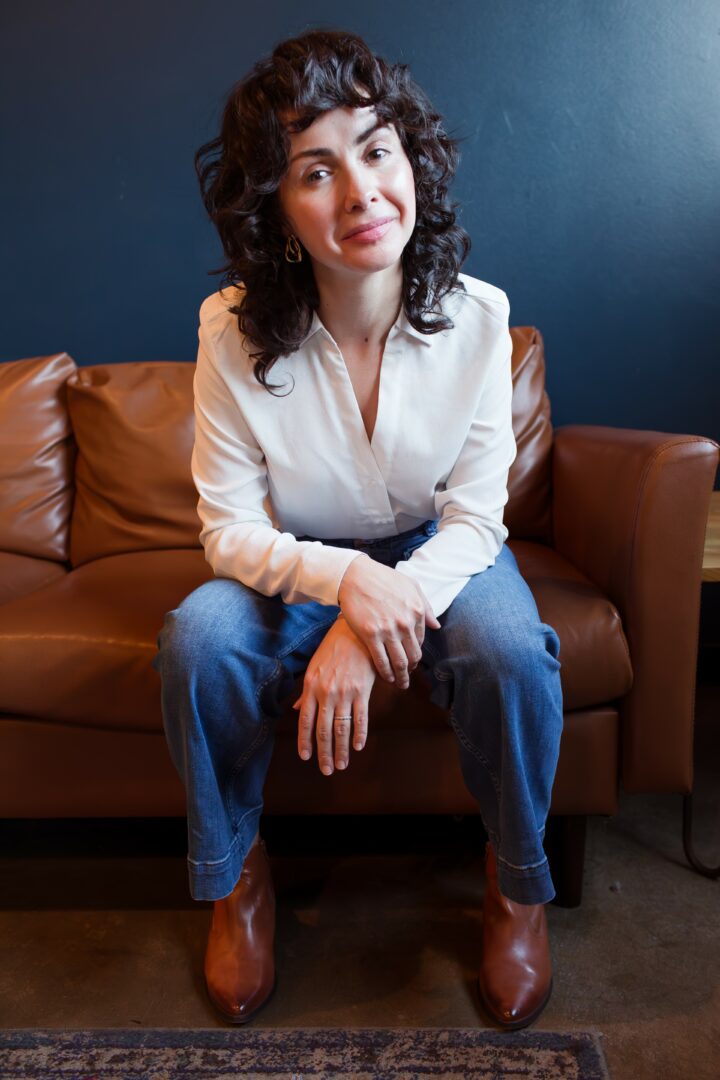
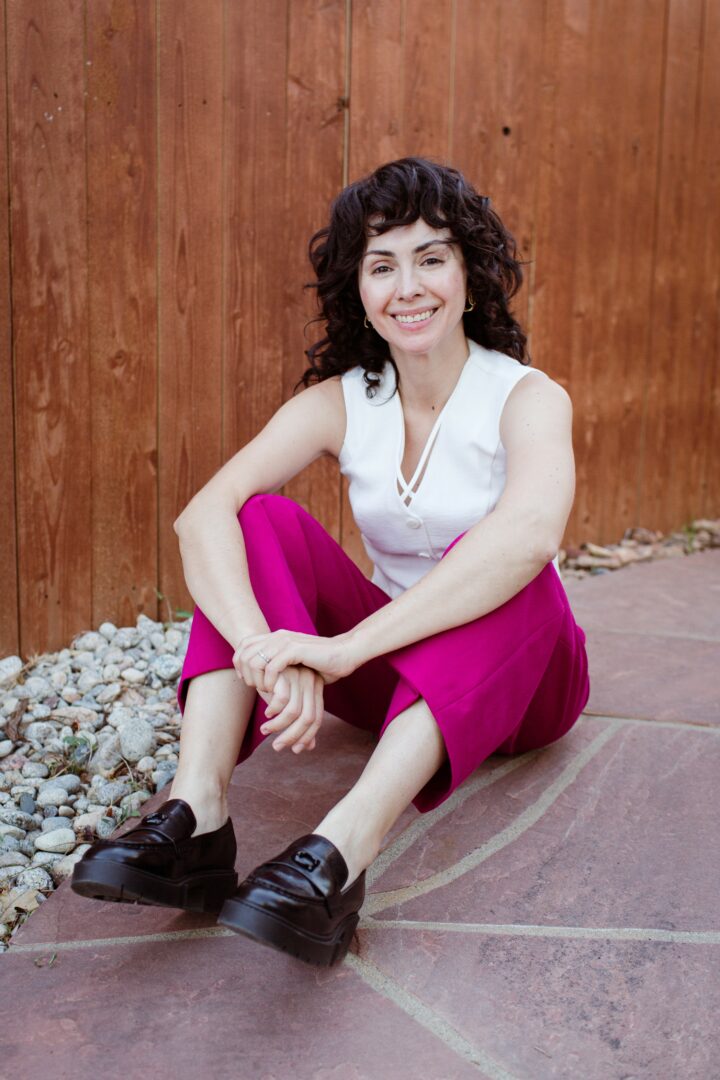
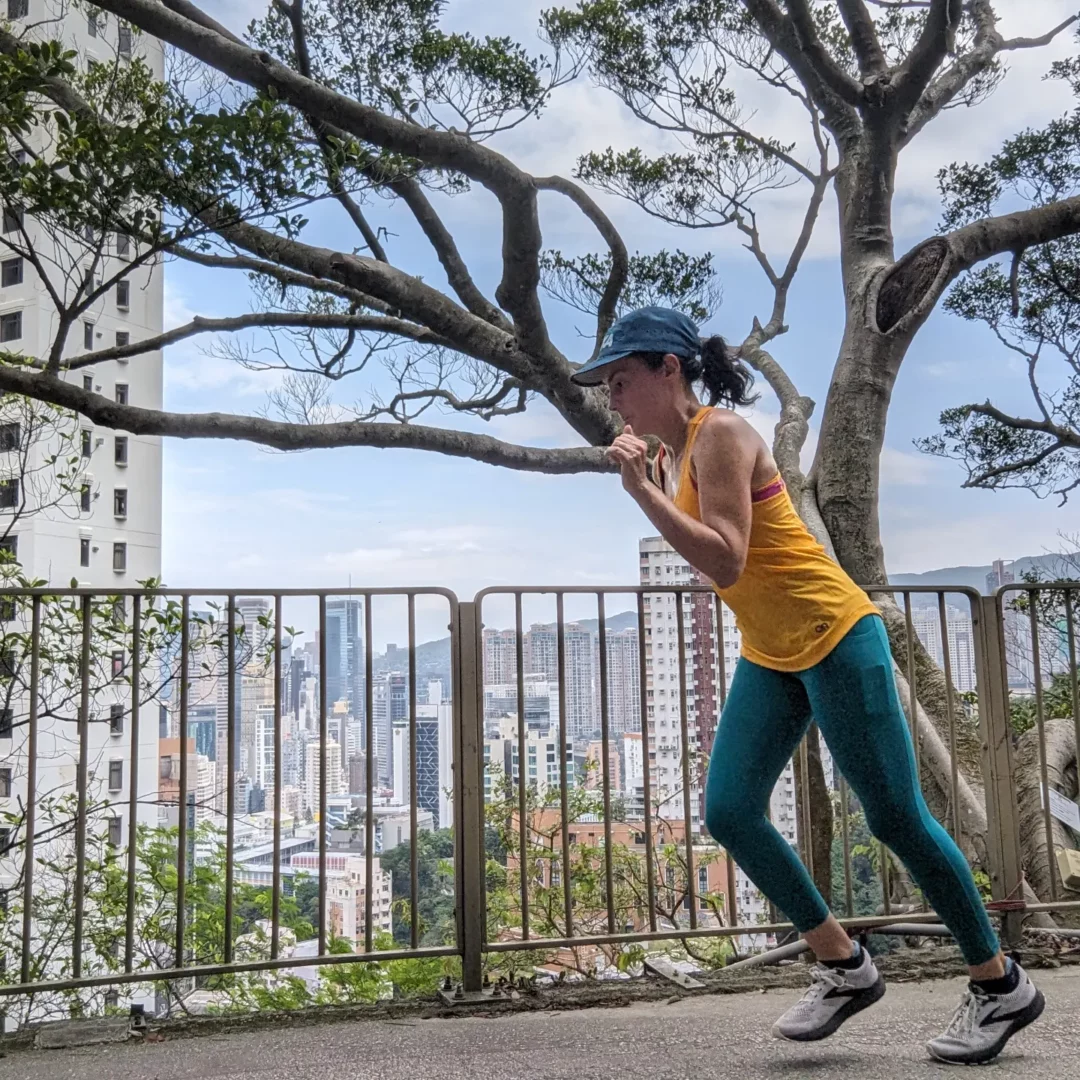
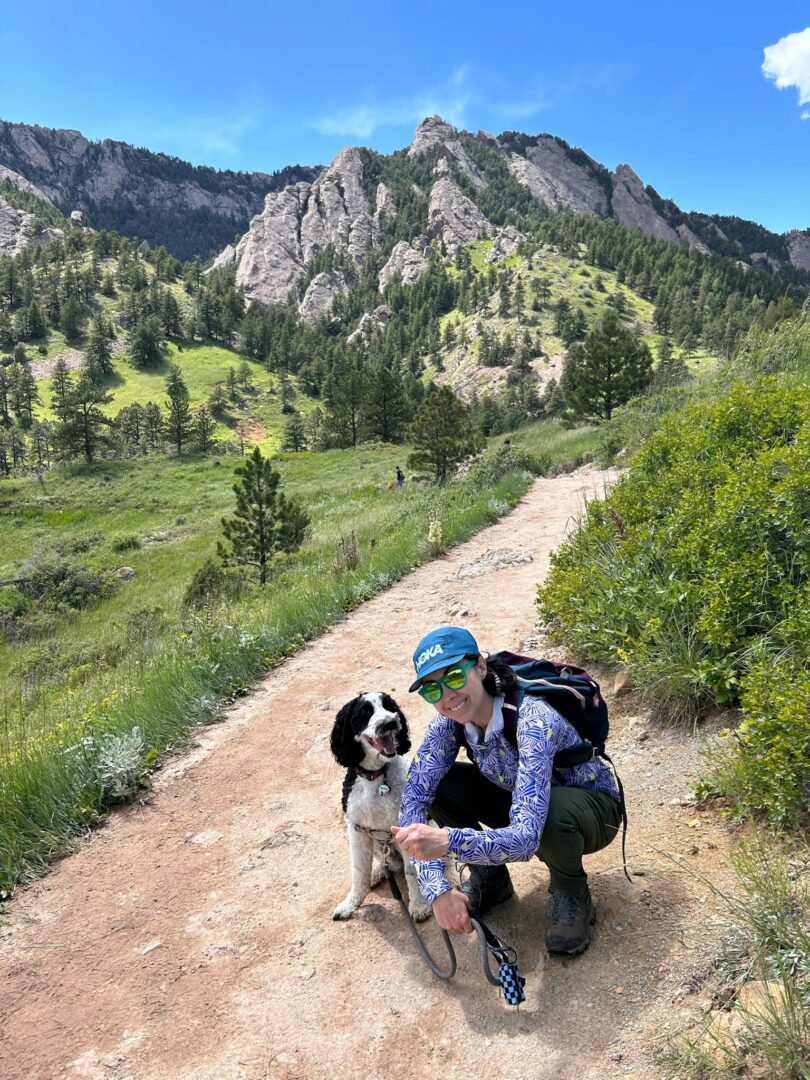

Image Credits
Kelly Bonnez
so if you or someone you know deserves recognition please let us know here.




